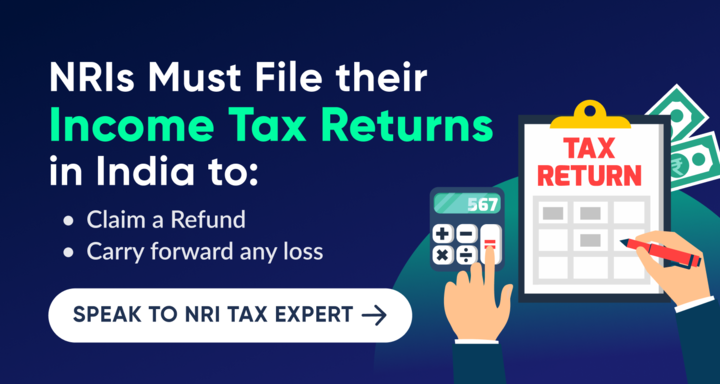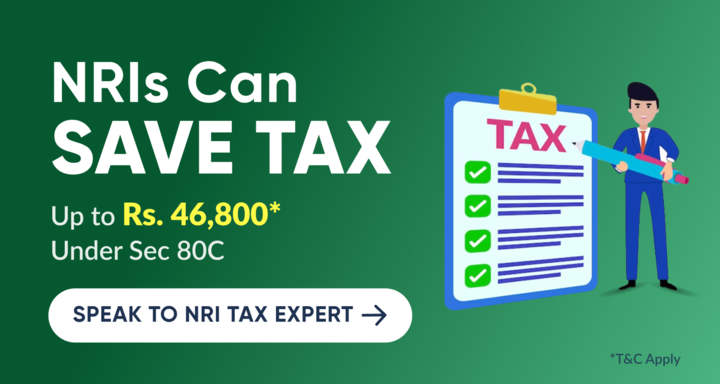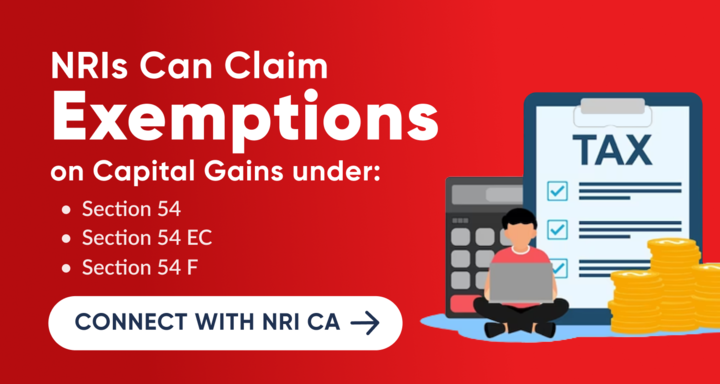Alternate Investment Funds (AIFs) in India have emerged as a popular investment option in recent years. These funds invest in a variety of alternative assets such as private equity, real estate, and hedge funds. AIFs are regulated by SEBI under the SEBI (Alternative Investment Funds) Regulations, 2012 and are subject to taxation under the Income Tax Act, 1961. In this blog, we will discuss AIF taxation.

What are Alternative Investment Funds?
AIFs or Alternative Investment Funds are privately pooled investment vehicles that invest in assets such as private equity, real estate, infrastructure, and hedge funds. These are specifically made for high net worth investors including residents, NRIs and Foreign Nationals with customized investment needs.
AIF Categories
There are three categories of AIFs under SEBI regulations – Category I, Category II, and Category III. The taxation of AIFs depends on the category under which the AIF falls.
AIF Category 1
AIFs within Category 1 invest in economically and socially viable start-ups and SMEs (Small and Medium Enterprises) through Venture Capital Funds (VCFs), Angel Funds, Social Venture Funds, and Infrastructure Funds.
AIF Category 2
AIFs that fall in this category invest primarily in viable equity and debt securities. This category includes private equity funds, real estate funds, debt funds, and also fund of funds.
AIF Category 3
This Category of AIFs focuses on earning short-term returns through diverse or complex trading strategies. This category includes hedge funds and private investment in public equity funds (PIPE).

AIF Taxation: Category Wise
Cat 1 and 2 AIF Taxation
- The Finance Act of 2015 introduced a special taxation regime that grants a pass-through to Category I and Category II AIFs.
- In this pass-through system, the income generated by the fund will be taxed in the hands of the investor and not at the fund level.
- In simple words, the tax liability on the income generated from the investment will fall on the investor.
- The AIF is exempt from all tax obligations on the investment income.
- Business income is excluded from tax under Category I and II AIF and is taxed in the hands of the fund.
- The duration of the investment of the funds also plays a crucial role as both long-term capital gains tax and short-term capital gain tax are different.
- Long-term capital gains are taxed at the rate of 20% along with indexation benefits. On the other hand, short-term capital gains are taxed at the rate of 15%.
- Surcharge and cess charges are also applied in addition to the above mentioned tax rates.
Income Tax Implication on AIF Investors for Category 1 and 2
- Long-Term Capital Gains
| Types of Long-Term Capital Gains | Income Tax Implications |
| Listed Shares | The tax levied would be at the rate of 10% for an individual, HUF, LLP, Private Trust, or a Domestic company. |
| Unlisted Shares | The tax levied would be at the rate of 20% + indexation benefit for an individual, HUF, LLP, Private Trust, or a Domestic company. |
| Other Assets | 20% + indexation benefit whether it is an individual, HUF, LLP, Private Trust, or a Domestic company. |
- Short- Term Capital Gains
| Types of Short-Term Capital Gains | Income Tax Implications |
| Listed Shares | 15% |
| Unlisted Shares or other assets | Individual: MMR ranges between 32.34% to 42.744% Firm: 34.95% Trust: MMR ranges between 32.34% to 42.744% Company: MMR ranges from 29.12% to 34.944% |
| Dividend Income | Individual: MMR Ranges between 32.34% to 35.88% Firm: 34.95% Trust: MMR 32.34% to 42.744% Company: 29.12% to 34.944% |
| Other Income | Individual: MMR ranges between 32.34% to 42.744% Firm: 34.95% Trust: MMR 32.34% to 42.744% Company: 29.12% to 34.944% |
MMR means Maximum Marginal Rate
- Surcharge Rates
| Entity | Rates |
| Individual/ HUF | 10% for gains >Rs. 50 lakhs but < Rs. 1 crore15% for gains > Rs. 1 crore |
| Firm/ LLP | 12% |
| Company | Under the new regime – 10%Under the old regime: If total income > Rs. 1 crore but < Rs. 10 crores – 7% If total income > Rs. 10 crores – 12% |
Education Cess is applicable at the rate of 4% on individuals, HUFs, Firms, LLPs, or companies.
NOTE: The above mentioned rates are prescribed under the Income Tax Act, 1961. In addition to the rates mentioned above, if any income apart from business income is distributed by Category I and II AIF to its investors, it shall be subjected to a withholding tax at the rate of 10% for resident investors. On the other hand, for non-resident (NRI) investors, the withholding tax rates shall be either as provided under the Act or DTAA (Double Taxation Avoidance Agreement); whichever is applicable.

Cat 3 AIF Taxation
- The investment income is taxed in the hands of the AIF.
- Category 3 AIFs have not been given the Pass through status, which means that income from such funds will be taxed at the investment fund level.
- Cat 3 AIF pays tax on the following four types of incomes- 1)Short-term capital gains 2) Long-term capital gains 3) Business income and 4) Dividend income
- The tax of four types of income is borne by the AIF at different rates.
Income Tax Implication on AIF Investors for Category 3
| Type of Income | Tax Rate |
| Long-Term Capital Gain | Basic Tax Rate- 10% MMR- 11.96% Surcharge- 15% Education cess- 4% |
| Short-Term Capital Gain | Basic Tax Rate- 15% MMR- 17.94% Surcharge- 15% Education cess- 4% |
| Business Income | Basic Tax Rate- 30% MMR- 42.74% Surcharge- 37% Education cess- 4% |
| Dividend Income | Basic Tax Rate- 30% MMR- 42.74% Surcharge- 37% Education cess- 4% |
MMR means Maximum Marginal Rate

Contact SBNRI
Due to a complicated tax system, understanding tax laws can be confusing and NRIs may be subject to additional fees or miss claiming deductions and other benefits. At SBNRI, we understand this struggle. You can download SBNRI App to connect with our NRI Tax Experts to know more about new TDS/ TCS rules for NRIs. You will also get end-to-end assistance related to NRI tax filing.
SBNRI will also help you get a lower TDS Certificate. You can also click on the button below to ask any questions. Visit our blog and YouTube Channel for more details.



